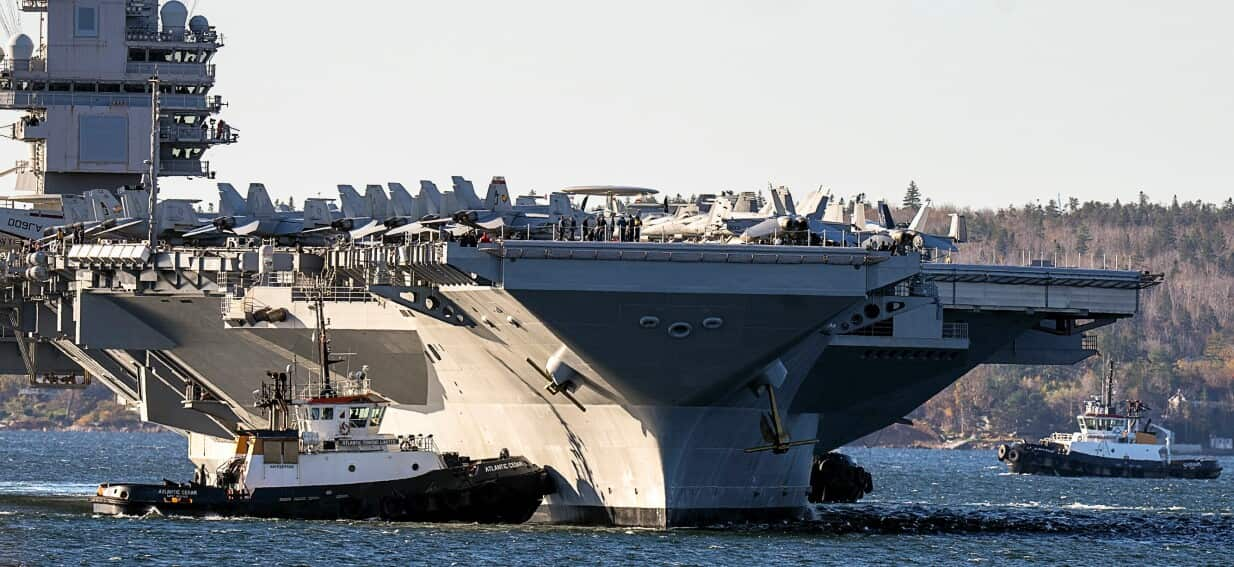Share this @internewscast.com

The recent escalation is part of US President Donald Trump’s initiative to combat drug trafficking, sparking debate over the use of force against suspected criminals without trial on foreign soil.
“Narco-terrorists aiming to flood our shores with drugs will find nowhere to hide in our hemisphere,” declared Hegseth, following an attack on another vessel earlier this month.
She noted that the US often prioritizes the former concern over the latter, though a legal opinion alone does not “miraculously make the illegal, legal.”
Joseph commented that the secretive nature of the relevant document “clearly limits public ability to assess its validity, credibility, and authenticity.”
“Nonetheless, the US stands largely alone on this matter; the extraterritorial application of law is well-recognized and no longer subject to debate,” she stated.
Rothwell argued that there is no legal justification under maritime law for these US attacks on suspected drug-smuggling vessels.
“However, it is very much in the minority among States on that issue; I believe extraterritorial application is well-established and no longer arguable,” she said,
Law of the sea
Rothwell said there is no legal basis under the law of the sea for these US strikes on alleged drug boats.
Australia is a “persistent supporter” of the law of the sea, he said, and is a party to the 1982 UN Convention on the Law of the Sea, a document which codifies legal principles.
Strikes have potential to be crimes against humanity
While a single murder is “very unlikely” to be classified as a crime against humanity, Joseph said that as the strikes continue and increase, the argument that they constitute crimes against humanity becomes stronger.













